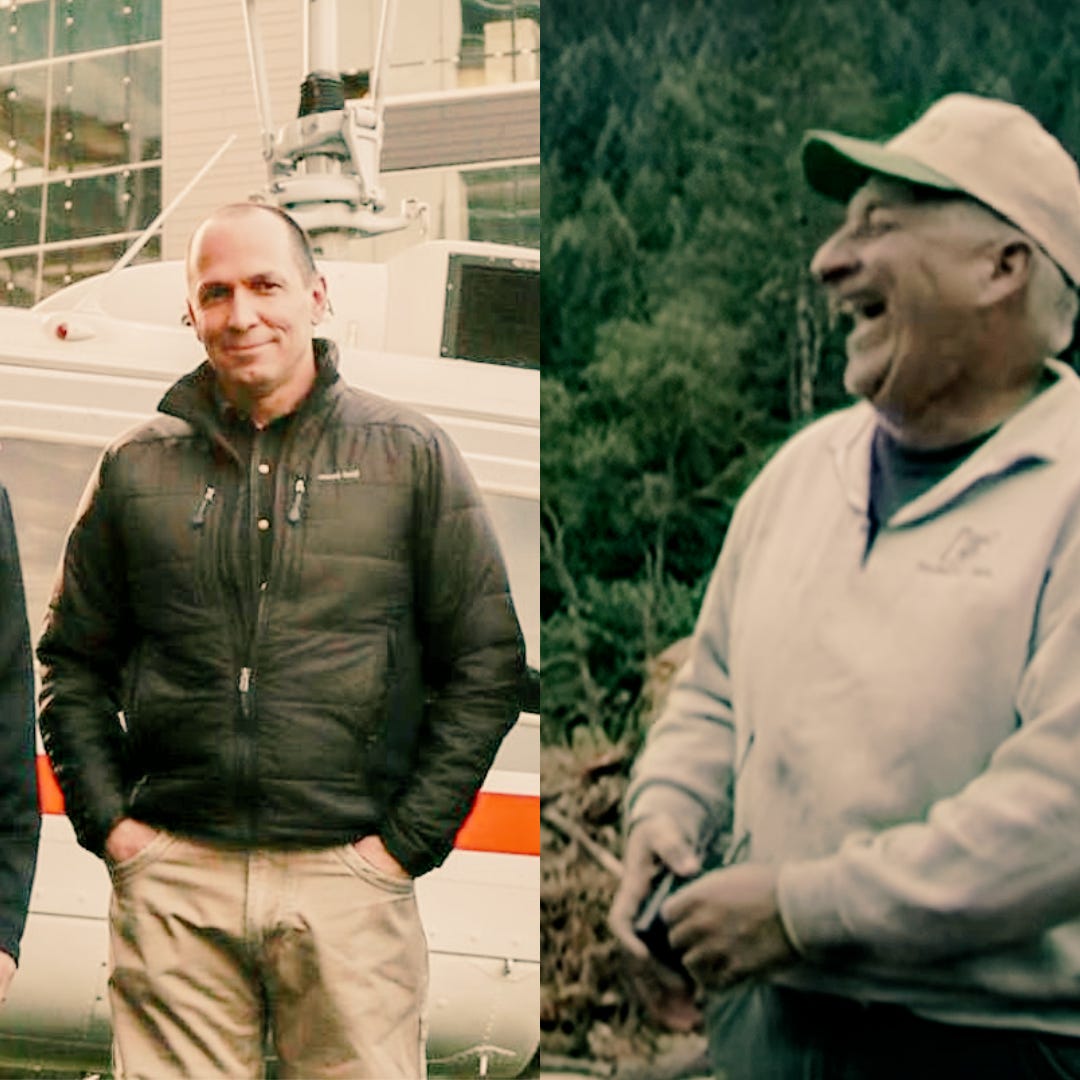Trumpers Decimated the Forest, and They Think They've Turned Out Just Fine
A glimpse into what we're up against
The US Forest Service has long been in an existential tug of war between environmental protection and timber production. With the hiring of those who have opposed federal control of public lands and who have private interests in cutting forested land, we can reasonably predict what challenges might likely lie ahead for ecologists.
A challenge, I think, …



